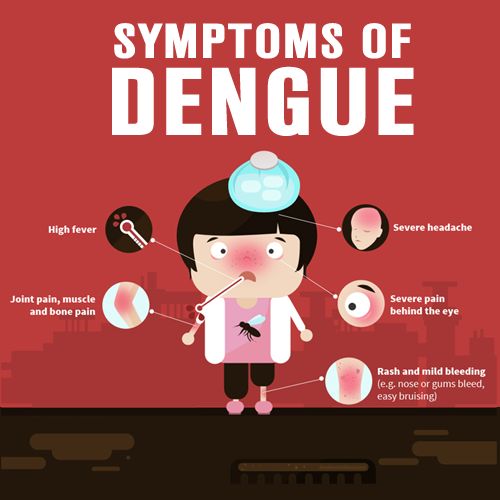
Dengue fever is a mosquito-borne viral infection that affects millions of people worldwide every year. Caused by the dengue virus (DENV), it is transmitted primarily by the Aedes aegypti mosquito. With symptoms ranging from mild fever to severe complications, dengue can be life-threatening if not treated properly. In this blog, we’ll explore everything you need to know about dengue fever, including its symptoms, prevention tips, and treatment options.
What is Dengue Fever? 🤔

Dengue fever is a tropical disease that occurs in over 100 countries, particularly in Asia, Latin America, and Africa. The World Health Organization (WHO) estimates that 390 million dengue infections occur annually, with 96 million showing symptoms.
The disease is caused by four distinct but closely related serotypes of the dengue virus (DENV-1, DENV-2, DENV-3, and DENV-4). Recovery from one serotype provides lifelong immunity to that specific serotype but not to the others.
Symptoms of Dengue Fever 🤒

Dengue symptoms typically appear 4–10 days after being bitten by an infected mosquito. Common symptoms include:
- High fever (104°F or 40°C) 🌡️
- Severe headache 🤕
- Pain behind the eyes 👀
- Joint and muscle pain 💪
- Nausea and vomiting 🤢
- Skin rash 🩹
- Mild bleeding (e.g., nose or gum bleed) 🩸
In severe cases, dengue can progress to dengue hemorrhagic fever (DHF) or dengue shock syndrome (DSS), which can be fatal if not treated promptly.
How to Prevent Dengue Fever �
Prevention is the best way to combat dengue fever. Here are some effective tips to protect yourself and your family:
- Eliminate Mosquito Breeding Sites 🦟
- Remove stagnant water from containers, flower pots, and tires.
- Clean water storage containers regularly.
- Use Mosquito Repellents 🧴
- Apply repellents containing DEET, picaridin, or oil of lemon eucalyptus.
- Wear Protective Clothing 👕
- Wear long-sleeved shirts and long pants to reduce skin exposure.
- Install Mosquito Nets and Screens 🛏️
- Use bed nets and window screens to keep mosquitoes out.
- Stay Informed 📢
- Follow local health advisories and participate in community clean-up drives.
For more detailed prevention tips, check out this WHO guide on dengue prevention.
Treatment for Dengue Fever 💊
There is no specific antiviral treatment for dengue fever. However, early detection and proper medical care can significantly reduce the risk of complications. Here’s what you can do:
- Stay Hydrated 💧
Drink plenty of fluids like water, oral rehydration solutions (ORS), and coconut water. - Take Pain Relievers 💊
Use acetaminophen (paracetamol) to reduce fever and pain. Avoid aspirin or ibuprofen, as they can increase bleeding risk. - Rest and Monitor Symptoms 🛌
Get plenty of rest and monitor your symptoms closely. Seek immediate medical attention if symptoms worsen.
In severe cases, hospitalization may be required for intravenous (IV) fluids and close monitoring.


Dengue fever is a serious health concern, especially in tropical and subtropical regions. By understanding its symptoms, taking preventive measures, and seeking timely treatment, you can protect yourself and your loved ones from this disease. Stay vigilant, stay safe, and spread awareness about dengue prevention! 🌍💚
External Link
For more information on dengue fever, visit the World Health Organization’s Dengue Fact Sheet
